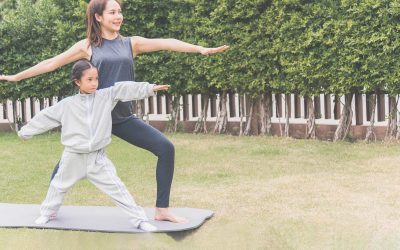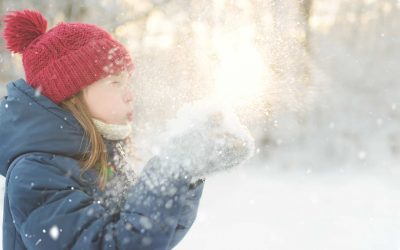Acne can be a miserable by-product of puberty, affecting 85% of all teenagers. It is caused by an inflammation of the sebaceous glands and hair follicles and it triggers a variety of skin problems. Whiteheads and blackheads (comedones) are follicles that are blocked by dead skin cells. Red bumps (papules) and inflamed bumps with pus inside (pustules) plague many a victim from 12 years of age through adulthood (me included!). In severe cases of acne, nodules can appear on the skin which are deep, red, painful bumps. Many people have acne on their face, neck, back and chest.
Types of acne
- Comedal acne – has open and closed comedones and is the mildest form
- Inflammatory acne – usually affects the face and includes blackheads and whiteheads with some inflammatory pustules and papules
- Nodular acne – has many papules and pustules with some nodules
- Scarring inflammatory acne – leaves the skin damaged with pits and scars
Causes of acne
We can blame this annoying condition on hormonal changes, specifically testosterone. This hormone stimulates the production of sebum, an oil that is meant to prevent skin from drying out. Sebum clogs hair follicles and sebaceous glands. Skin cells can also clog hair follicles leading to blackheads and whiteheads.
P acnes, a bacteria that lives on the skin will also start to grow in clogged pores. This leads to inflammation, papules, pustules and nodules.
Treatment
Depending on the type of acne, the treatment will be different. I find many that children wash their faces excessively, which leads to further inflammation. I suggest that a child with acne wash his or her face twice a day, in the morning and before bed, with a gentle cleanser such as Cetaphil. Then apply topical treatments to the skin to minimize inflammation. Medications such as benzoyl peroxide, salicylic acid, topical retinoids and topical antibiotics such as clindamycin can be applied with good effect. Don’t overdo it. Follow your physician’s instructions. Some children will benefit from using a medication routinely, while others require it only as needed. If you are using a treatment with benzyl peroxide, be cautious as this can bleach fabrics such as your sheets and clothing.
In some cases children will require oral antibiotics, which will reduce inflammation. In severe cases oral isotretinoin, otherwise known as Accutane, can be used to treat severe, nodular or scarring acne. These children need to be closely monitored by their physician and strict birth control must be used, as antibiotics can alter the effectiveness of oral contraceptives.
If your child has acne, rest assured that he or she can be treated with relative ease and there are many products available. Please see your physician to determine the best mode of treatment for your child.
Dina is a wife, mother of 4, and adrenaline junky. She loves to share children’s health information from her professional and personal experience. More About Dr Dina.










